Take a look at BRAVO’s resources for Schools & Teachers among our users and find out why.

Set of units, including: Emotions, Greetings and Instruments.
£54.00 £36.00
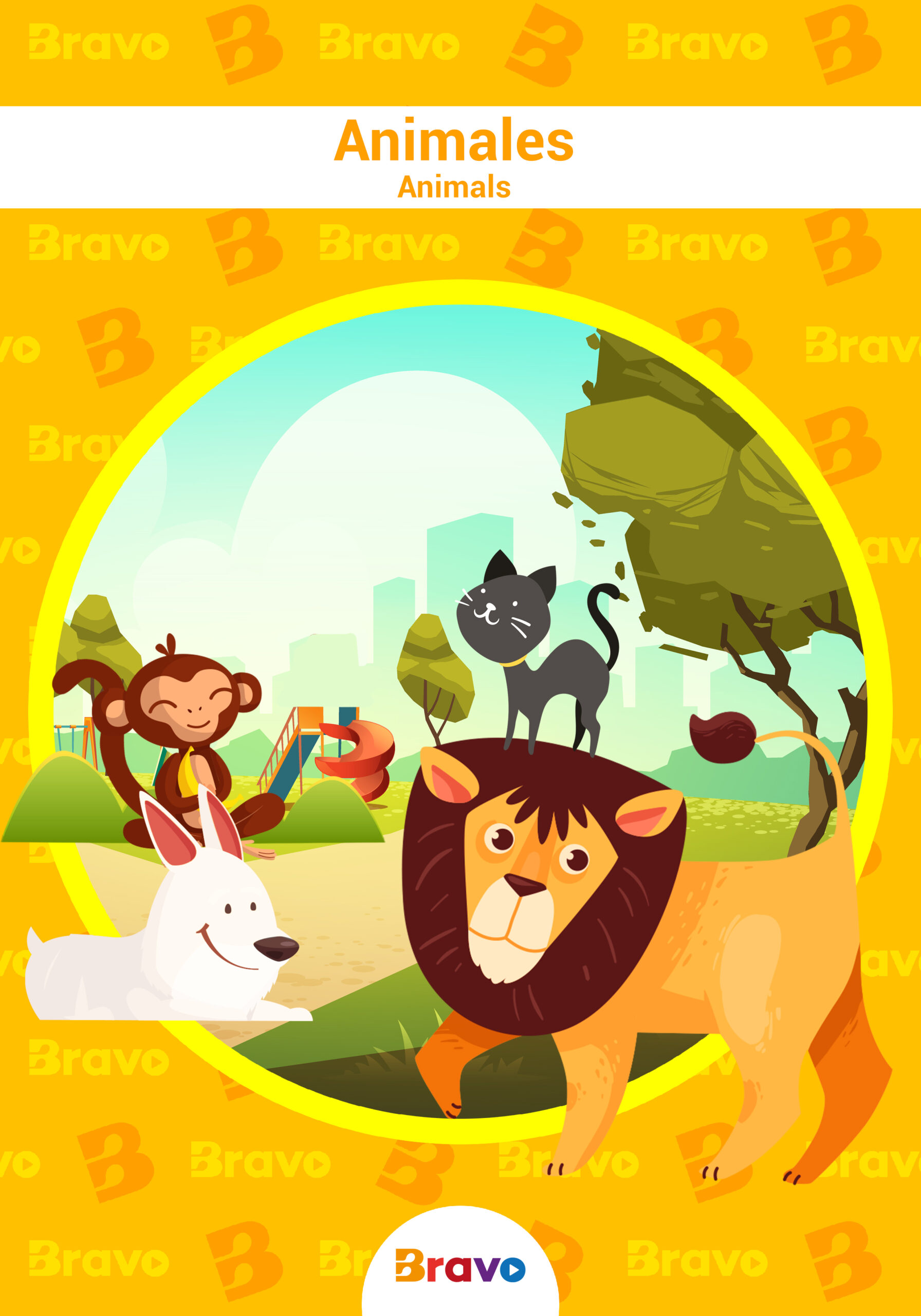
A topic created to learn the names of the main animals featured in the corresponding musical theme. This topic is included in the unit of work “En mi jardín” which deals not only with animals but also with others topics such as colours and the numbers from 1 to 10. Yet, the resources that we will find on this topic are focused, in general terms, on the animals that appear in the music video.
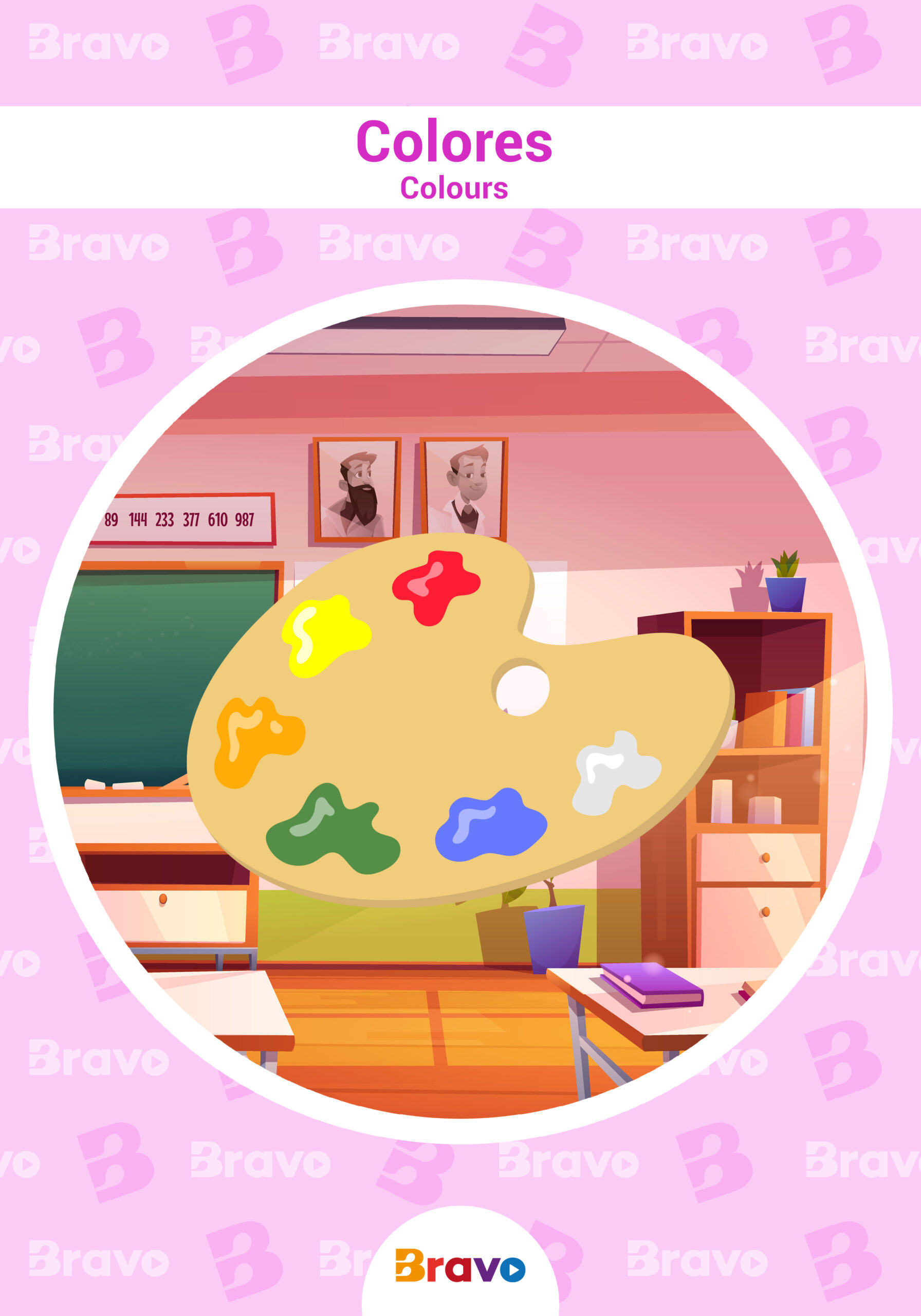
By learning to name colours and sounds, with this topic children will expand their descriptive abilities and their understanding of the environment, while strengthening their command of pronunciation of the consonants “J”, “V” and “Z” and enhancing their ability to identify the position of the noun and its corresponding adjective within an utterance. Furthermore, children will also learn about noun / adjective gender agreement.
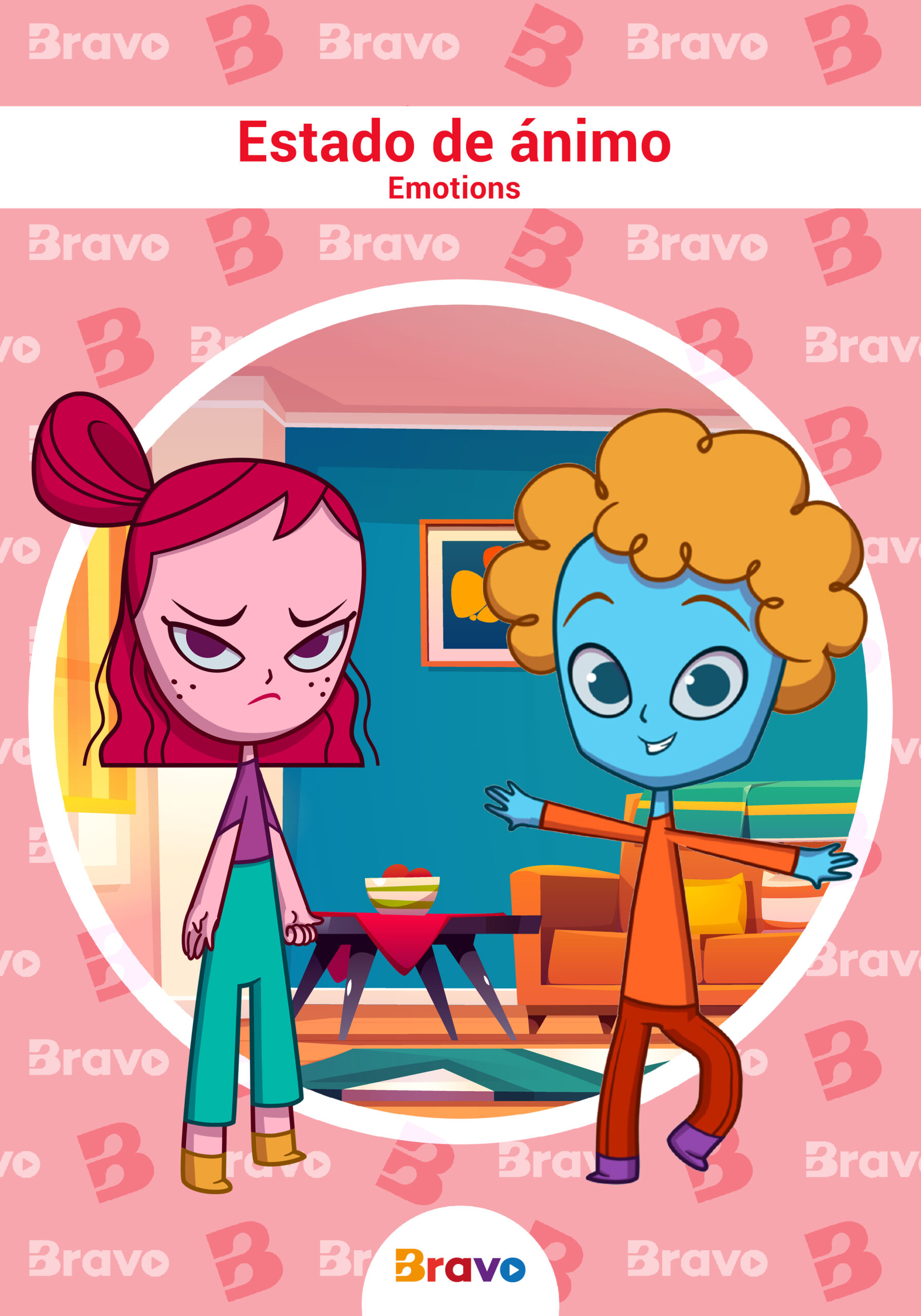
“How are you?” Emotions, central to children’s day-to-day lives, are the protagonists of this unit. The goal here is to teach children how to give voice to their feelings while guiding them to learn how recognise distinct moods and how to make sense of them. Additionally, the unit focuses on the understanding of simple words at both the oral and written level.

A unit created to learn the names of the main animals featured in the corresponding musical theme, while reinforcing the number system from 1 to 10. With this unit, children will approach the mechanism of nouns’ plural formation and will learn how to use the verb “there is” (hay), forming with it basic sentences. As an added bonus, with this unit children will learn how to change the meaning of a sentence by substituting one or more of its elements.
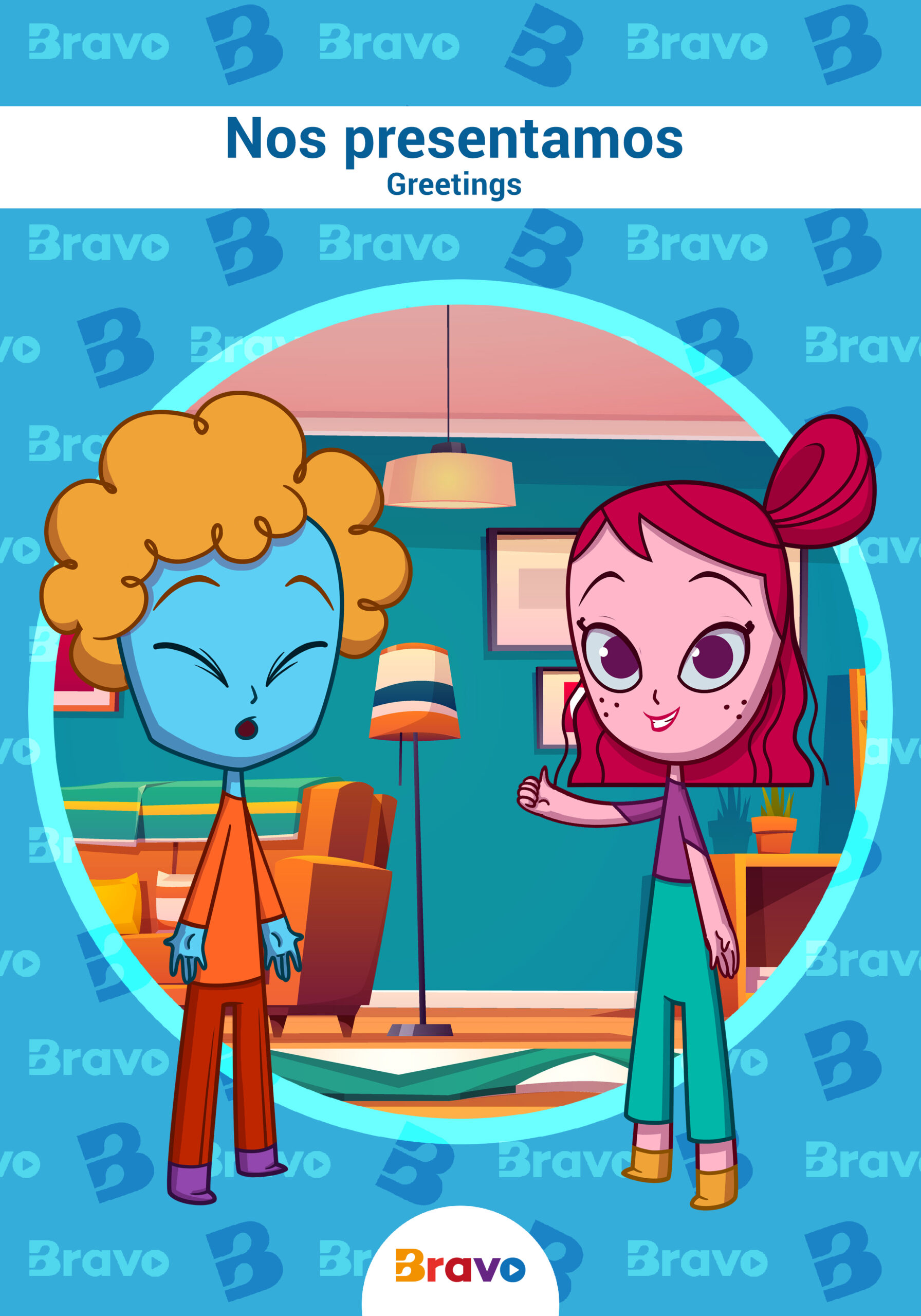
Within a learning context where day-to-day life and educational standards are the starting point, this topic will teach children how to greet each other, introduce themselves, and ask basic questions from a simple premise: “Hello, what’s your name?”, while at the same time emphasising and reinforcing the learning of Spanish phonetic key elements such as the pronunciation of vocalic sounds and of consonants like H and LL.
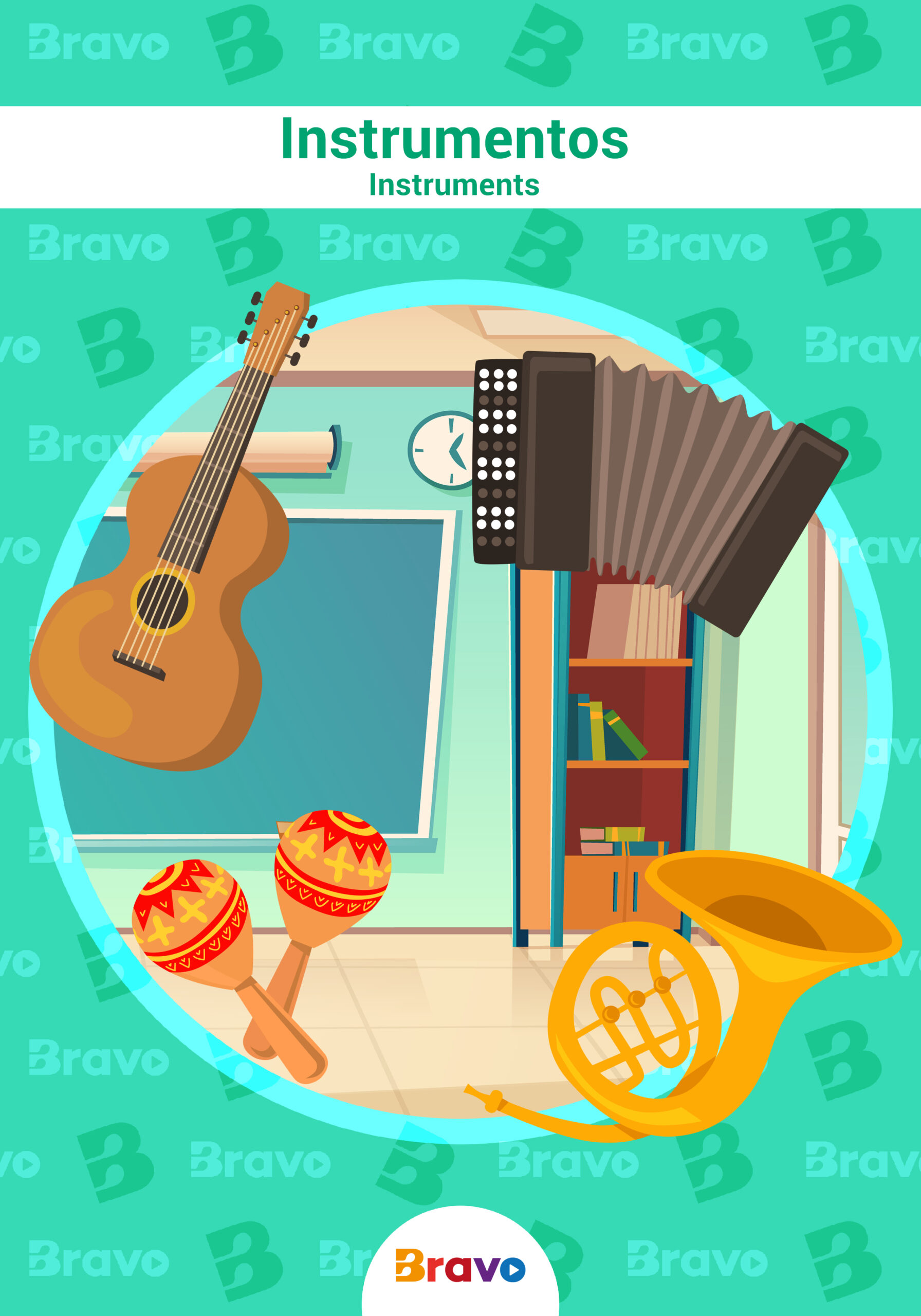
This unit is centred on musical instruments, which are used as a common thread to teach children how to identify them at a sensory level, while at the same time helping them to become familiar with topics like masculine and feminine nouns and singular articles. The written comprehension of simple written words and sentences is also addressed here.
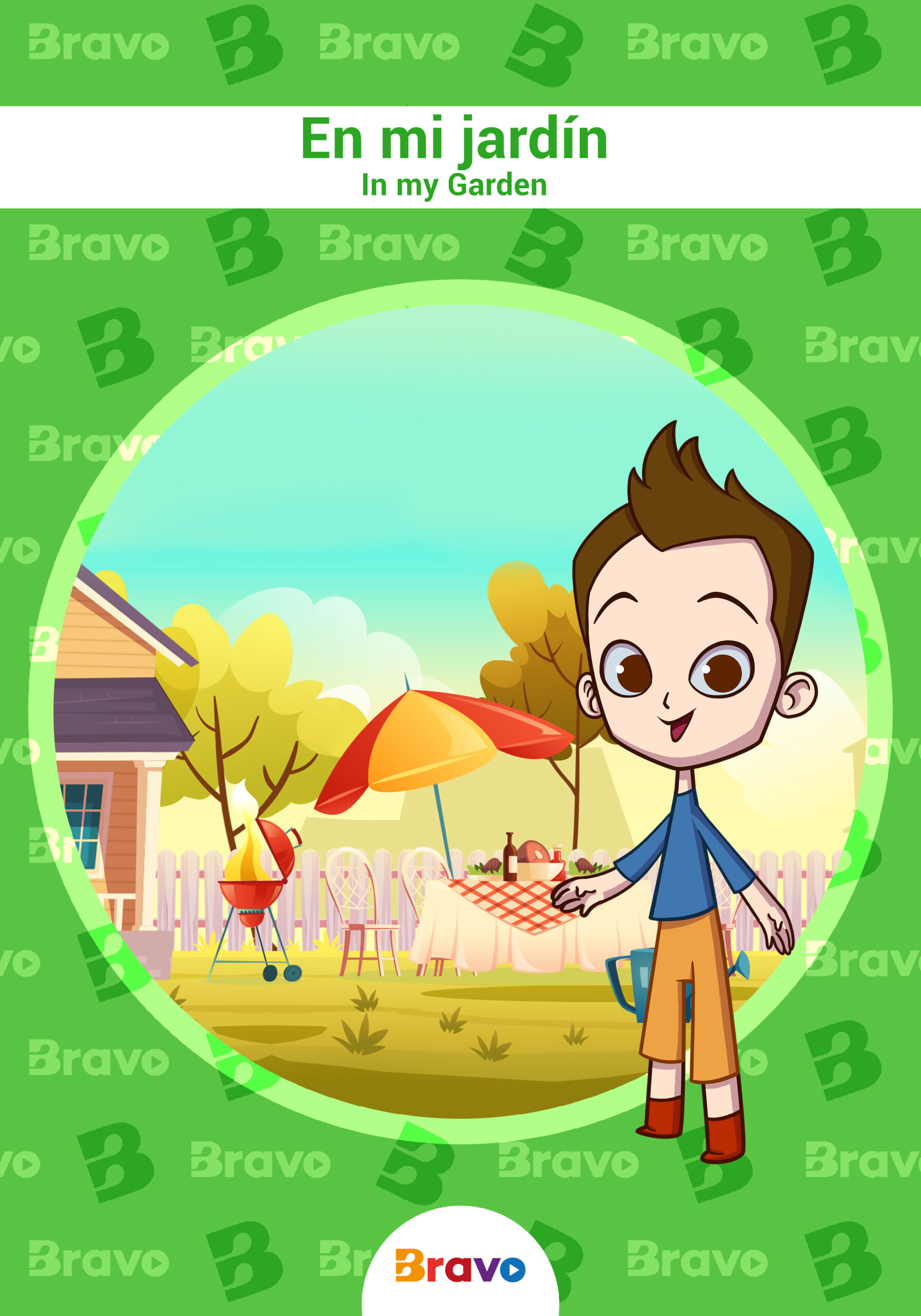
ANIMALS. A topic created to learn the names of the main animals featured in the corresponding musical theme. This topic is included in the unit of work “En mi jardín” which deals not only with animals but also with others topics such as colours and the numbers from 1 to 10. Yet, the resources that we will find on this topic are focused, in general terms, on the animals that appear in the music video.
COLOURS. By learning to name colours and sounds, with this unit children will expand their descriptive abilities and their understanding of the environment, while strengthening their command of pronunciation of the consonants “J”, “V” and “Z” and enhancing their ability to identify the position of the noun and its corresponding adjective within an utterance. Furthermore, children will also learn about noun / adjective gender agreement.

EMOTIONS. “How are you?” Emotions, central to children’s day-to-day lives, are the protagonists of this unit. The goal here is to teach children how to give voice to their feelings while guiding them to learn how recognise distinct moods and how to make sense of them. Additionally, the unit focuses on the understanding of simple words at both the oral and written level.
GREETINGS. Within a learning context where day-to-day life and educational standards are the starting point, this unit will teach children how to greet each other, introduce themselves, and ask basic questions from a simple premise: “Hello, what’s your name?”, while at the same time emphasising and reinforcing the learning of Spanish phonetic key elements such as the pronunciation of vocalic sounds and of consonants like H and LL.
INSTRUMENTS. This topic is centred on musical instruments, which are used as a common thread to teach children how to identify them at a sensory level, while at the same time helping them to become familiar with topics like masculine and feminine nouns and singular articles. The written comprehension of simple written words and sentences is also addressed here.

BRAVO is an innovative methodology aimed at teaching & learning Spanish through music, which offers specialised resources and scenarios, both for classroom-teaching and for family/home learning. Through songs, videos, and other teaching activities and resources, children learn Spanish at their own pace and in an original and entertaining manner.